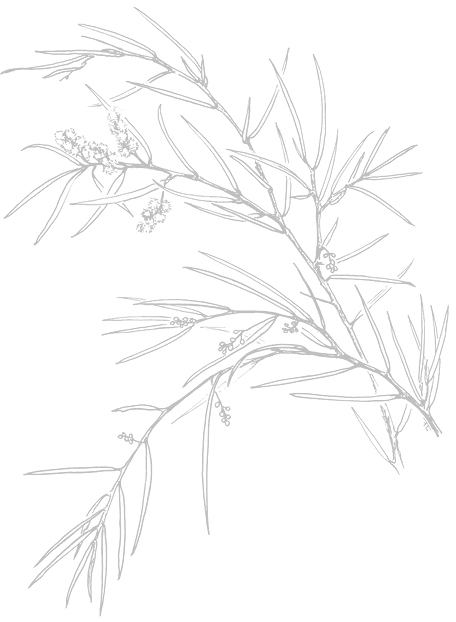
Scientific Name: Caladenia alpina
Common Name: alpine finger-orchid
Family Classification (Clade): Monocots
Family: Orchidaceae
Form Description: Robust species with broad leaves.
Height (m): 0.15 – 0.3
Flowers: 1-4 flowers 35mm across, white internally and pink to red externally, broad strongly hooded dorsal sepal. Labellum white with red bars.
Municipality
Plant Communities
Habitat Notes
Open, sunny sites above 400m in alpine and sub-alpine open eucalypt forest, grasslands and moorlands.
Site Tolerance
Exposed, Moist, Rocky, Windy
Soil Tolerance
Loam, Sandy, Well-drained
Frost Tolerance
Hardy
General Notes
Tolerates fire, but occurs in mountain habitats with low fire frequency. Occurs on areas with prolonged snow cover.
Propagation Calendar
-
Flowering Month
Jan Feb Mar Apr May Jun Jul Aug Sep Oct Nov Dec -
Seed Collecting Month
Jan Feb Mar Apr May Jun Jul Aug Sep Oct Nov Dec -
Sowing Month
Jan Feb Mar Apr May Jun Jul Aug Sep Oct Nov Dec -
Cutting Month
Jan Feb Mar Apr May Jun Jul Aug Sep Oct Nov Dec
Propagation Method
Seed Information
Seed Treatment Notes
Orchid seeds are very minute yellow, brown or blackish dust-like particles. Orchid seeds are produced within a capsule that splits at maturity and releases thousands to millions of seeds. Dispersed by wind and water and only germinate following infection of the embryo by a suitable mycorrhizal fungus. Very few seeds become mature plants. For more information see Jones, Wapstra, Tonelli, Harris (1999): The Orchids of Tasmania.